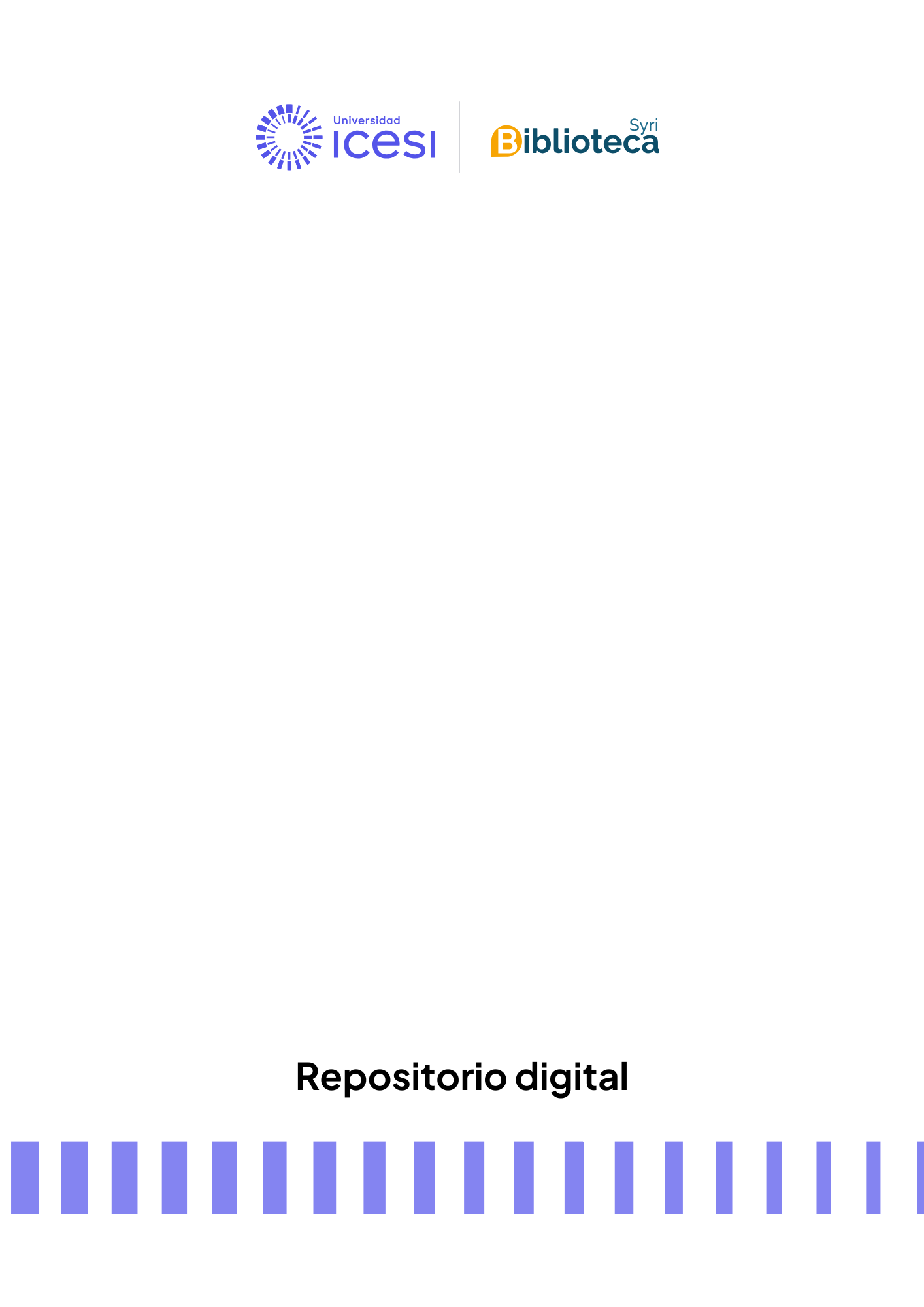Relative association of treatment-emergent adverse events with quality of life of patients with schizophrenia: post hoc analysis from a 3-year observational study

Archivos
Fecha
Autores
Director de tesis/Asesor
Título de la revista
ISSN de la revista
Título del volumen
Publicador
Editor
Compartir
Resumen
OBJECTIVE To explore the relative association of adverse events with health-related quality of life (HRQL) in patients (N = 16 091) with schizophrenia, treated with antipsychotic medication. METHODS In this post hoc analysis of data from two 3-year observational studies, a mixed effects model with repeated measures was used to evaluate the association between HRQL (EuroQoL visual analogue scale (EQ-VAS)) and pre-specified covariates including: severity of illness, extrapyramidal symptoms, tardive dyskinesia, sexual dysfunction, and clinically significant weight gain (> 7% increase from baseline after > or = 3 months of treatment). RESULTS Mean EQ-VAS increased from 47.8 +/- 21.7 at baseline to 72.4 +/- 18.4 after 36 months. The rank order of the negative association of adverse events with HRQL was: sexual dysfunction (effect estimate -4.04; 95% CI -4.30 to -3.79), extrapyramidal symptoms (effect estimate -2.09; 95% CI -2.43 to -1.75), and tardive dyskinesia (effect estimate -0.89; 95% CI -1.46 to -0.32). CONCLUSIONS Differences were observed in the direction and magnitude of the association between each adverse event and HRQL. Recognition of the relative association of adverse events with HRQL may contribute to improved adherence of patients with schizophrenia to antipsychotic therapy.

